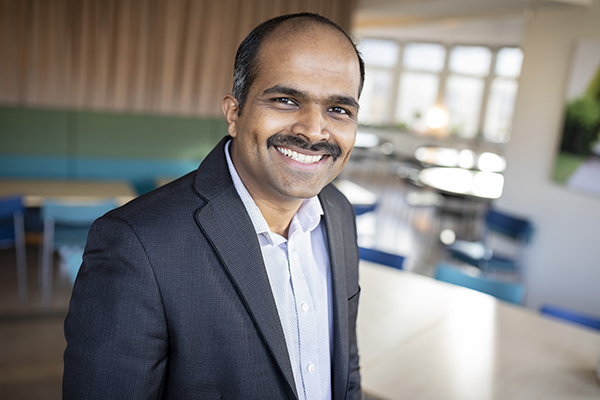What does the course involve?
“Migration and refugees are terms discussed everywhere in society. However, there is a general lack of knowledge and we want to contribute knowledge about how health among different migrant groups is affected at different stages, including when they arrive in a country like Sweden. We also want to discuss some of the ethical dilemmas that occur during migration and how we can manage them.”
Why an interdisciplinary course?
“Migration is an important social issue that needs a holistic perspective. It is not simply a matter of ethics or health, there are many aspects that are interlinked: local and international structures, policies, laws and agreements, and so on.”
Which subjects form the basis of the course?
“The course is a collaboration between myself, Lars Löfqvist, Senior Lecturer in Ethics at the Department of Theology, and Magdalena Bjerneld, Senior Lecturer focusing on global and humanitarian health.
Who can apply for the course?
“We hope the course participants will come from various backgrounds but will have the fundamental eligibility requirements, which is why we are holding the course in English and in the evening. This could mean students, doctoral students, the public or officials who come into contact with migration in some way.
Satisfying the different needs of a mixed group will be a positive educational challenge, but we believe it will lead to rewarding discussions.”
Facts
The course is one of ten new interdisciplinary courses created thanks to the call for funding in spring 2019. There is currently an equivalent call for funding to create interdisciplinary courses, with applications closing on 31 March 2020.
